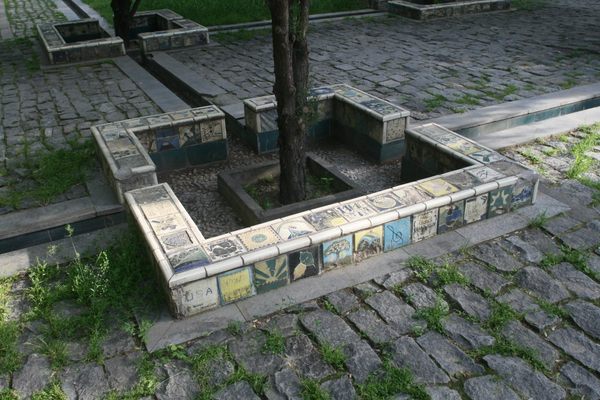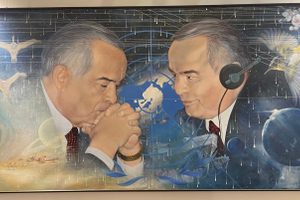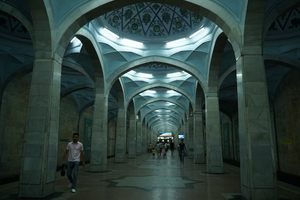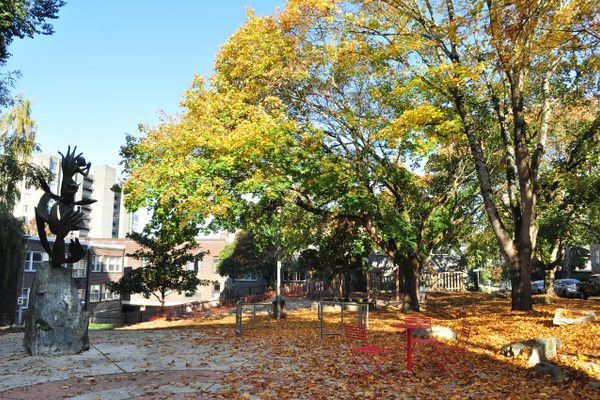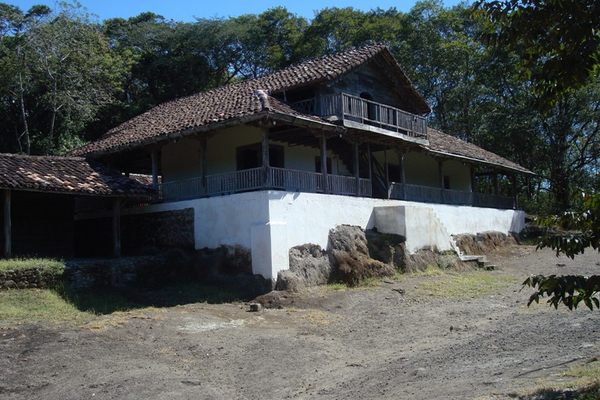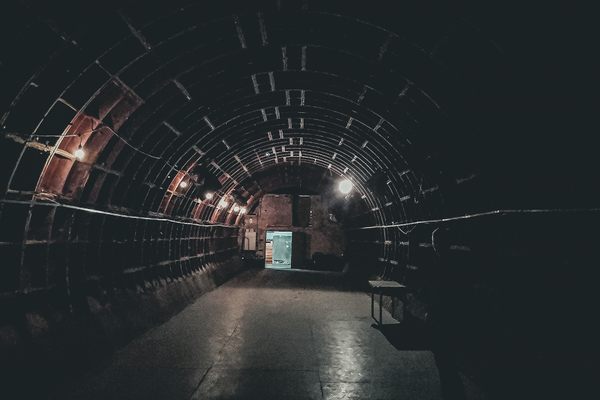About
In retrospect, one could argue that during the Cold War era, the world was much easier to comprehend than it is today. Today, the borders between friend and enemy are blurred, wars are no longer restricted to political borders, and armed civilians often pose a bigger threat than armies. In the Cold War era – while certainly not a time of peace, the political sphere was subject to a number of unspoken rules, and both sides acted accordingly to prevent the ever-present threat of global warfare that constantly lingered above the world.
Seattle Peace Park is a heartwarming reminder of the Cold War from children’s perspectives. Along the main alley of the park (officially known as Babur Park), ceramic tiles along the way display hopes of peace and a better future. These tiles were made in the 1980s by schoolchildren from Seattle, hence the unusual inofficial name of the park. The 10,000 tiles of the park are incredibly moving because of their simple, yet timeless message to favor peace and friendship over war and distrust.
Seattle and Tashkent have – rather astonishingly – been twin cities since 1973, long before the relations of the superpowers began to thaw. The partnership between both cities began only five years after the Soviet intervention during the Prague Spring in 1968. It was the first city partnership between a U.S. city and a Soviet city and it has continued until today.
Update as of August 2019: The Babur Recreation Park is currently closed for remodeling. While it is possible to walk through the area, most of the attractions are closed or in a state of semi-repair.
Update as of July 2021: The park remains closed.
Update as of September 2024: The area is fully accessible but is neglected.
Related Tags
Central Asia Road Trip: Backroads & Bazaars
A 2-Week, 4-Country Odyssey.
Book NowCommunity Contributors
Added By
Published
May 23, 2012


